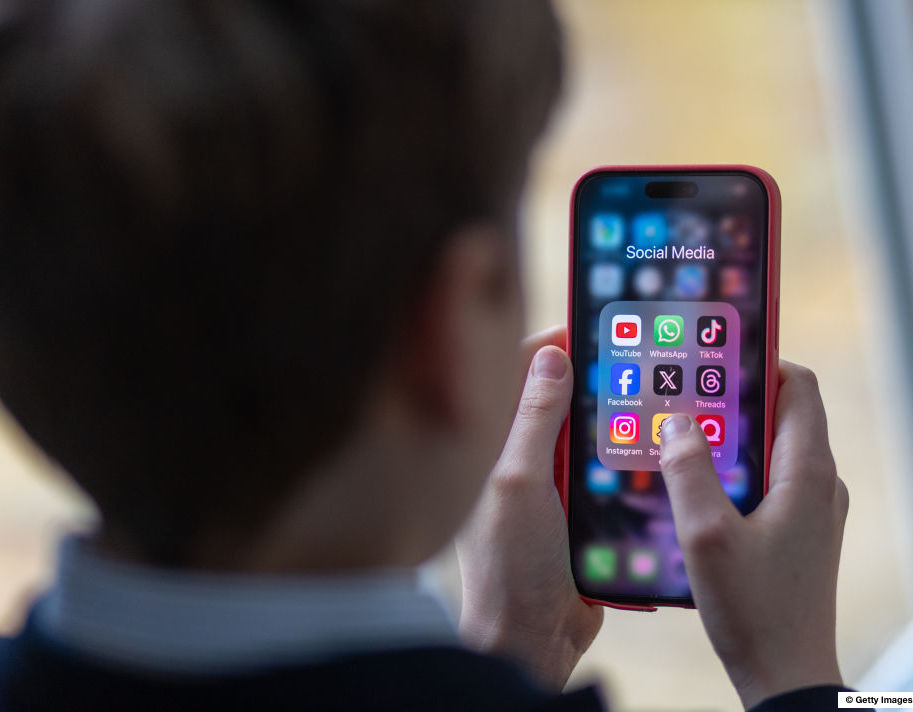What would you do for a like? For many teenagers, the answer is anything, says Angel, 17, from Yew Chung International School in Hong Kong.
In today’s world, a single like on Instagram or TikTok can feel like social approval, popularity, and even an increase in self-esteem. But behind the filters and hashtags lies a darker truth, where social media is changing how young people think, feel and spend their time and money.
According to a 2023 study by Ofcom, 80% of children aged 12–15 in the UK use social media daily. Platforms like TikTok and Instagram are filled with influencers showcasing luxury brands, and “must-have” products. This content does not just act as entertainment, but shapes the values of teenagers that may influence their lives.
A 2022 UK Youth Mental Health report found that one in three teenagers felt less confident after using social media. That is a sign that something is “off”, leading to a worrying pattern of loss in independent thinking.
With a more vulnerable mindset, their opinions and identities will be more easily shaped in a negative way. When they constantly see peers or influencers wearing designer clothes or owning the latest iPhone, young people begin to believe that these things are necessary for acceptance.
This obsession with trends and material things is making us forget who we actually are.
But we should not let social media decide our values, we should instead learn to live within our means.
I understand how hard it is to resist the lure of social media, as I have been through all this too. I used to think buying into this lifestyle would make me feel happier or more accepted. But honestly, it only made me feel more anxious.
I soon realised that these trends were not helping me, but pressuring me. Looking back now, I really regret trying to fit into something that was not even “me”, something that was wasting my time. I could have done something more valuable.
This does not mean that all trends are bad. I am not saying no one should follow them. Sometimes trends help us discover new hobbies or express ourselves. But the key is to ask why you are doing something; are you following a trend because you really like it or because everyone else is?
Teenagers need to be reminded that it is okay to think differently, to wear something unfashionable, or to post something that does not go viral.
Schools should help students think critically about what they see online and form their own values because, in the end, a like may be free but chasing likes can cost you your confidence, your identity, and your voice.
Interested in submitting your own Student Voices article or video? Find out more here.





